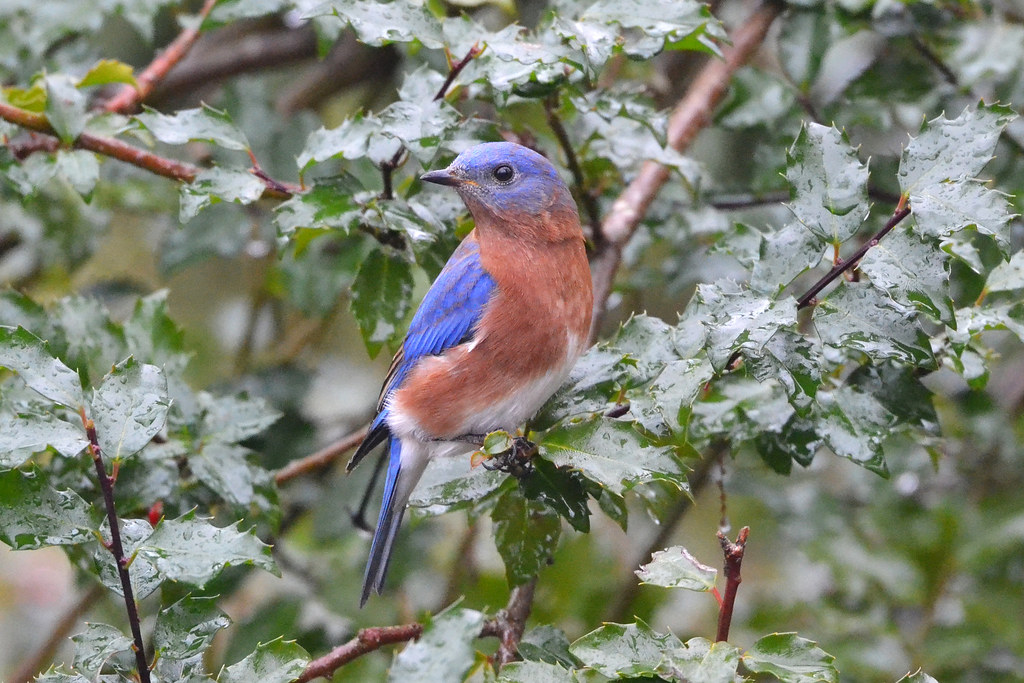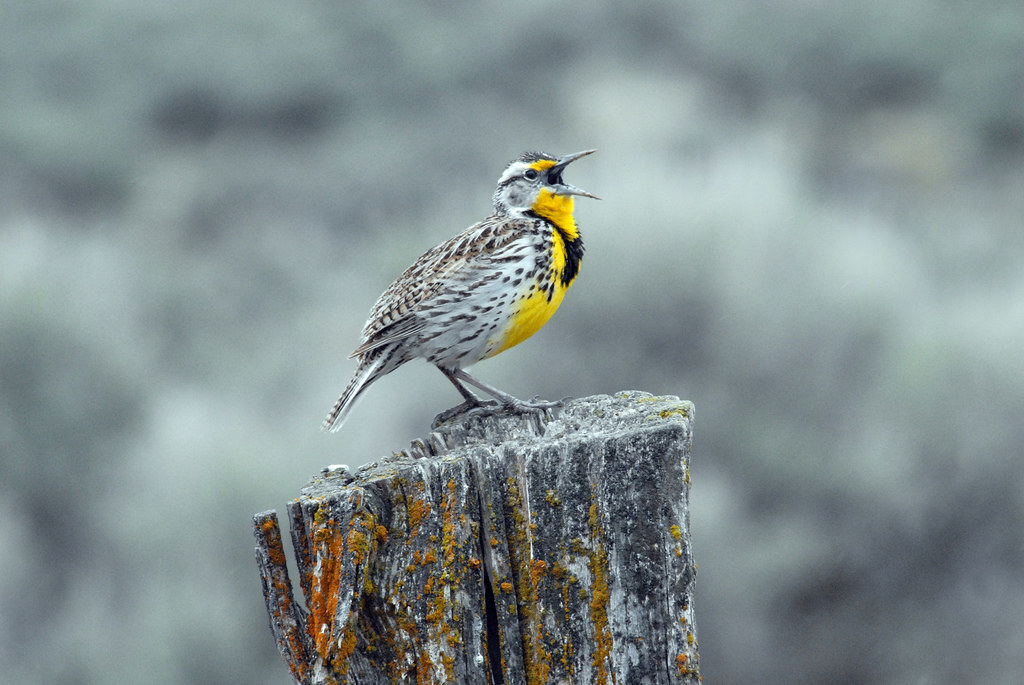全美的環保團體上月底在美國紐約南區聯邦地區法院提起訴訟,控告川普政府破壞候鳥條約(Migratory Bird Treaty Act,MBTA),取消長期以來對水禽、猛禽和鳴禽的保護政策。
候鳥因「偶發」人為因素死亡 川普修法:不用管!
白宮2017年12月發布的法律意見書,推翻了數十年來民主黨和共和黨政府皆遵循的MBTA政策和措施。該法律意見書免除了企業油井、電力纜線和其他能源相關基礎設施造成鳥類死亡的責任。
長期以來,MBTA條文被解釋為工業活動不得「蓄意」或透過「可預測且可避免的偶發事件」殺死候鳥。
但根據川普政府修訂後的解釋,MBTA只適用於蓄意殺死候鳥的活動。任何「偶發」事件,不管對鳥類的影響多大、是否不可避免,現在都不受法律管制。
環團聯合提告 川普版降低能源業的護鳥責任
原告團體包括美國鳥類保護協會、生物多樣性中心、野生動物保護者、奧杜邦學會、全國野生動物聯合會和自然資源保護委員會。美國鳥類保護協會主席帕爾(Mike Parr)表示:「新政策使鳥類更難受到保護。位於鳥類遷徙熱點地區的油田、風力渦輪機和基地台等都是鳥類的威脅,不加以管理,就像在尖峰時間的人行道上打開水溝蓋,這是重大疏失、不負責任,絕對會造成傷害。」
由於過去MBTA施加的責任風險,石油、天然氣業、風力開發公司和輸電線路運營商長期以來和美國魚類及野生動物管理局合作,以盡量減少鳥類死亡。
例如,風電業為了避免違反MBTA,加以保護候鳥和蝙蝠,與環保組織和美國魚類及野生動物管理局合作制定全面性的指導方針,確保風機最佳選址。
候鳥條約百年成果 環團力阻毀於一旦
新政策消除了產業和個人盡可能保護候鳥的壓力,使美國鳴禽和其他數量減少中的候鳥面臨風險。
生物多樣性中心瀕危物種主任葛林沃(Noah Greenwald)表示:「川普政府版本的MBTA對美國鳥類而言絕對是場災難。許多鳥類已經因為棲息地被破壞和其他各種威脅而逐漸消失。新政策將讓更多的鳥類死亡,可能是因為降落在遭石油和天然氣工業污染的池塘,或是築巢的樹被砍倒。這太可悲了。」葛林沃說。
MBTA還保護鳥類免於被化石燃料開發所傷害。油槽足以殺死數十萬隻鳥類,一旦免除了非蓄意的責任,工業界就不再需要採取措施來保護鳥類免受危害。
此外,2010年英國石油(BP)深水地平線漏油事故造成超過2.1億加侖石油污染墨西哥灣,事故後四年內導致超過100萬隻鳥類死亡。BP公司根據MBTA支付了1億美元的罰款,這筆錢被用來保護濕地和候鳥。而新的法律意見書將使聯邦政府再無法依據MBTA尋求石油洩漏的補償。
「100年來,美國一直努力和其他國家合作,透過國際條約和法律保護候鳥,」野生動物保護者公司執行長兼總裁、柯林頓時期的美國魚類及野生動物管理局長克拉克(Jamie Rappaport Clark)説,「川普政府干預MBTA可能會扭轉這幾十年保護鳥類的進展,進而影響生態、經濟,影響我們享受大自然。在MBTA百年紀念上,我們將盡一切努力保護候鳥,防止本屆政府魯莽行動。」
A coalition of national environmental groups today filed a lawsuit in the Southern District of New York challenging the Trump Administration’s move to eliminate longstanding protections for waterfowl, raptors, and songbirds under the Migratory Bird Treaty Act, MBTA.
In a legal opinion issued December 2017, the administration reversed decades of government policy and practice, by both Democratic and Republican administrations, on the implementation and enforcement of the MBTA.
This policy directive absolves companies from responsibility for bird deaths in oil pits, on power lines, and from other energy-related infrastructure.
The Act’s prohibition on the killing or “taking” of migratory birds has long been understood to extend to incidental take from industrial activities – meaning unintentional but predictable and avoidable killing.
Under the Administration’s revised interpretation, the MBTA’s protections will apply only to activities that purposefully kill birds. Any “incidental” take – no matter how inevitable or devastating the impact on birds – is now immune from enforcement under the law.
The plaintiff groups are: the American Bird Conservancy, the Center for Biological Diversity, Defenders of Wildlife, the National Audubon Society, the National Wildlife Federation, and the Natural Resources Defense Council.
“The new policy makes it much harder to protect birds from major bird traps – threats like oil pits, wind turbines, and communication towers in bird migration hotspots,” said Mike Parr, president of American Bird Conservancy. “Leaving these threats unattended is like leaving manhole covers off along the sidewalk during rush hour – it’s negligent, irresponsible, and guaranteed to cause harm.”
The risk of liability under the MBTA has long provided the oil and gas industry, wind energy development companies, and power transmission line operators with an incentive to work with the U.S. Fish and Wildlife Service to minimize bird deaths.
For example, in an effort to protect migratory birds and bats and avoid potential MBTA liability, the wind industry, conservation groups, and the U.S. Fish and Wildlife Service worked to develop comprehensive guidelines aimed to ensure best practices for siting and developing wind farms.
The administration’s new policy eliminates this incentive for industries and individuals to minimize and mitigate foreseeable impacts of their activities on migratory birds, putting already-declining populations of our nation’s songbirds and other migratory birds at risk.
“The Trump administration’s rollback of the Migratory Bird Treaty Act is an absolute disaster for America’s birds,” said Noah Greenwald, endangered species director at the Center for Biological Diversity.
“Many bird species are already declining from habitat destruction and a host of other threats. This rule will allow the death of even more birds, whether they’re landing on polluted ponds left uncovered by the oil and gas industry or have their nest trees cut down from underneath them. It’s tragic,” said Greenwald.
The MBTA also protects birds from fossil fuel development. Oil pits kill hundreds of thousands of birds – if incidental take liability is eliminated, industry need no longer take measures to protect birds from these hazards.
In addition, when the 2010 BP Deepwater Horizon disaster spilled more than 210 million gallons of oil in the Gulf of Mexico more than one million birds were killed in the four years following the blowout.
BP paid $100 million in fines under the MBTA that supported wetland and migratory bird conservation. The new interpretation would bar the federal government from seeking such mitigation under the MBTA for devastating oil spills in the future.
“For 100 years, the United States has committed with other nations to protect migratory birds through international treaties and laws,” said Jamie Rappaport Clark, CEO and president of Defenders of Wildlife, and a former director of the U.S. Fish and Wildlife Service under President Bill Clinton.
“The Trump administration’s meddling with the Migratory Bird Treaty Act threatens to reverse decades of progress to conserve birds that are essential to ecosystems, economies and our enjoyment of nature,” she said. “On the centennial of this important law, we will do everything we can to protect migratory birds that are defenseless against the reckless actions taken by this administration.”
※ 全文及圖片詳見:ENS









